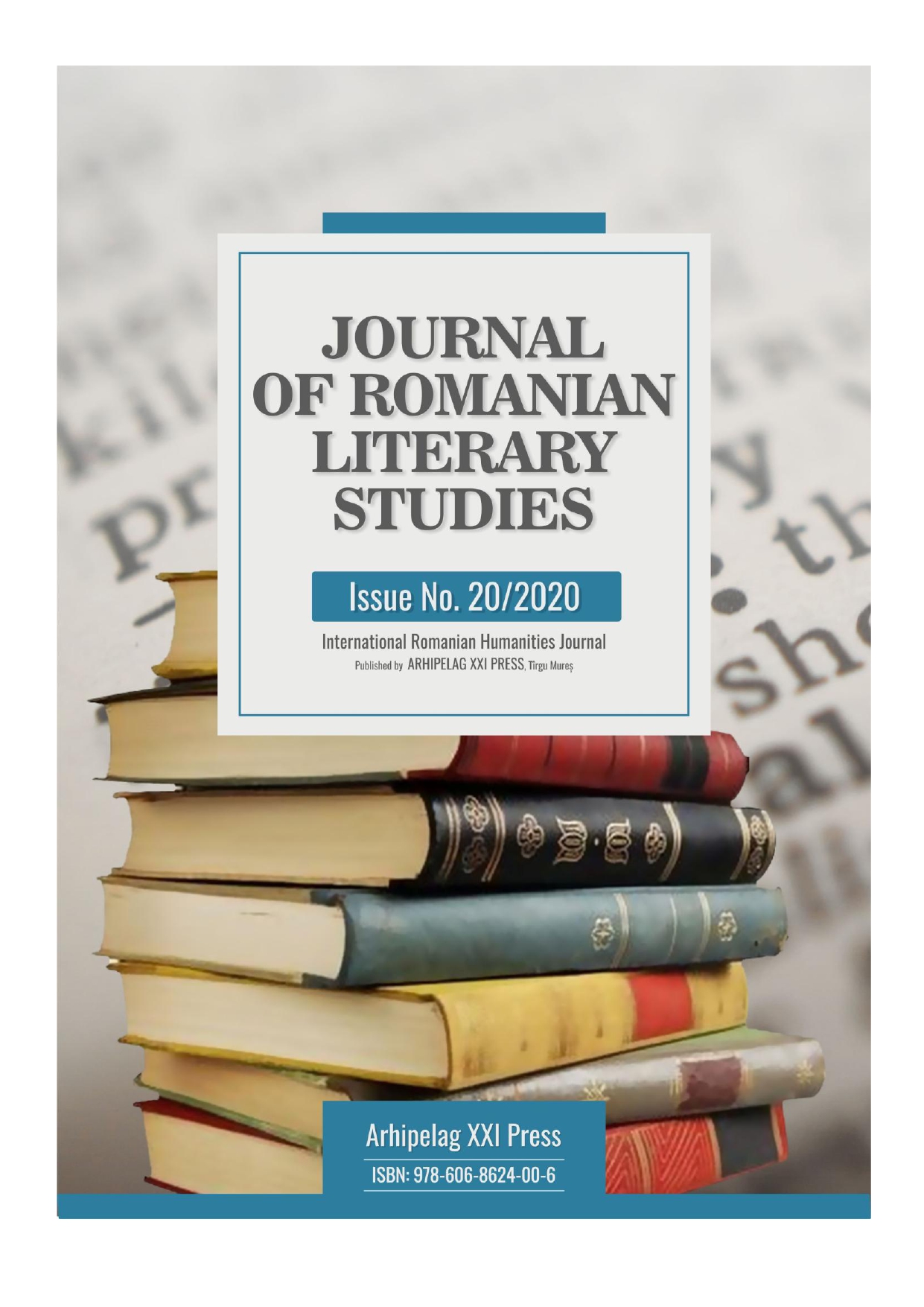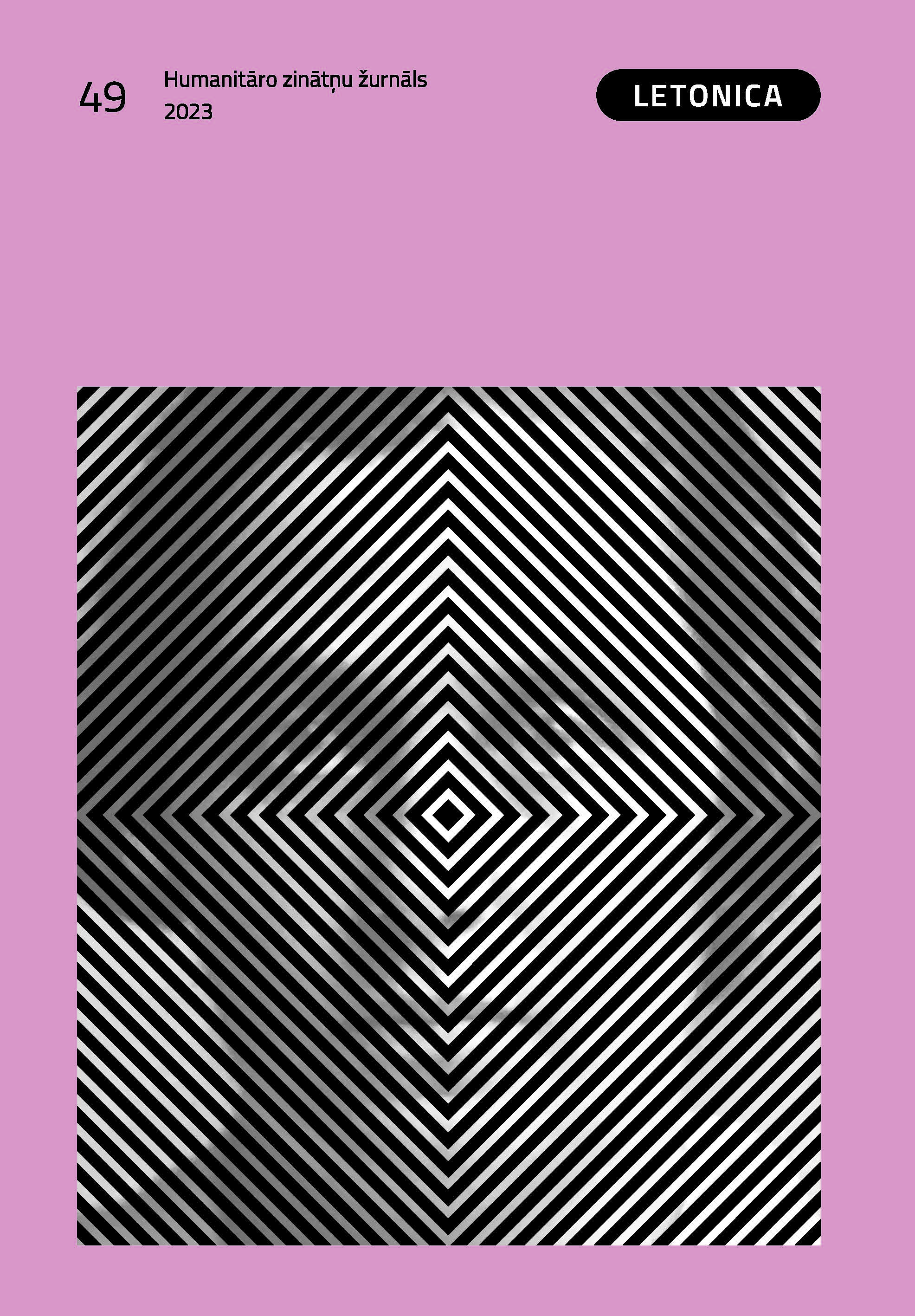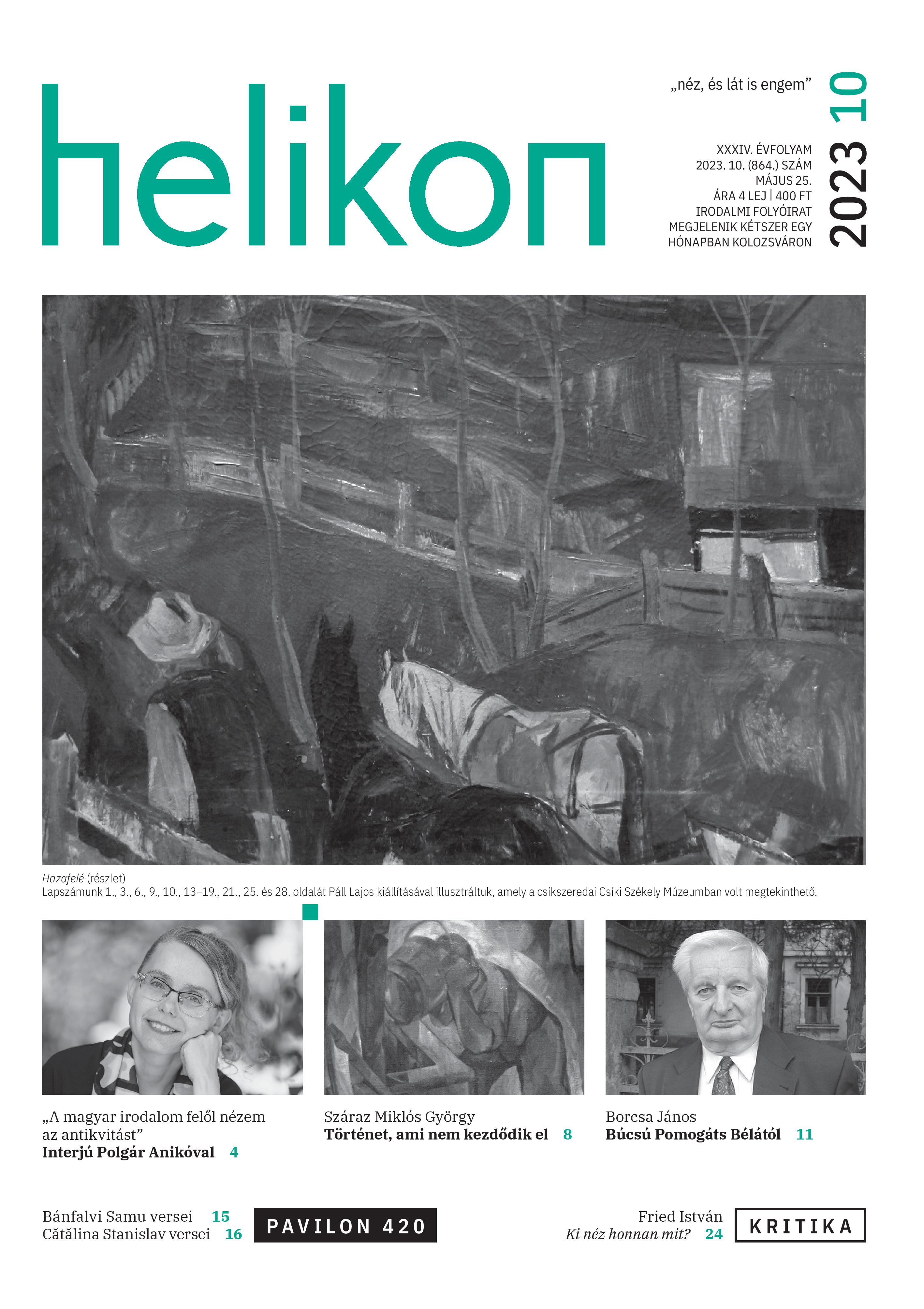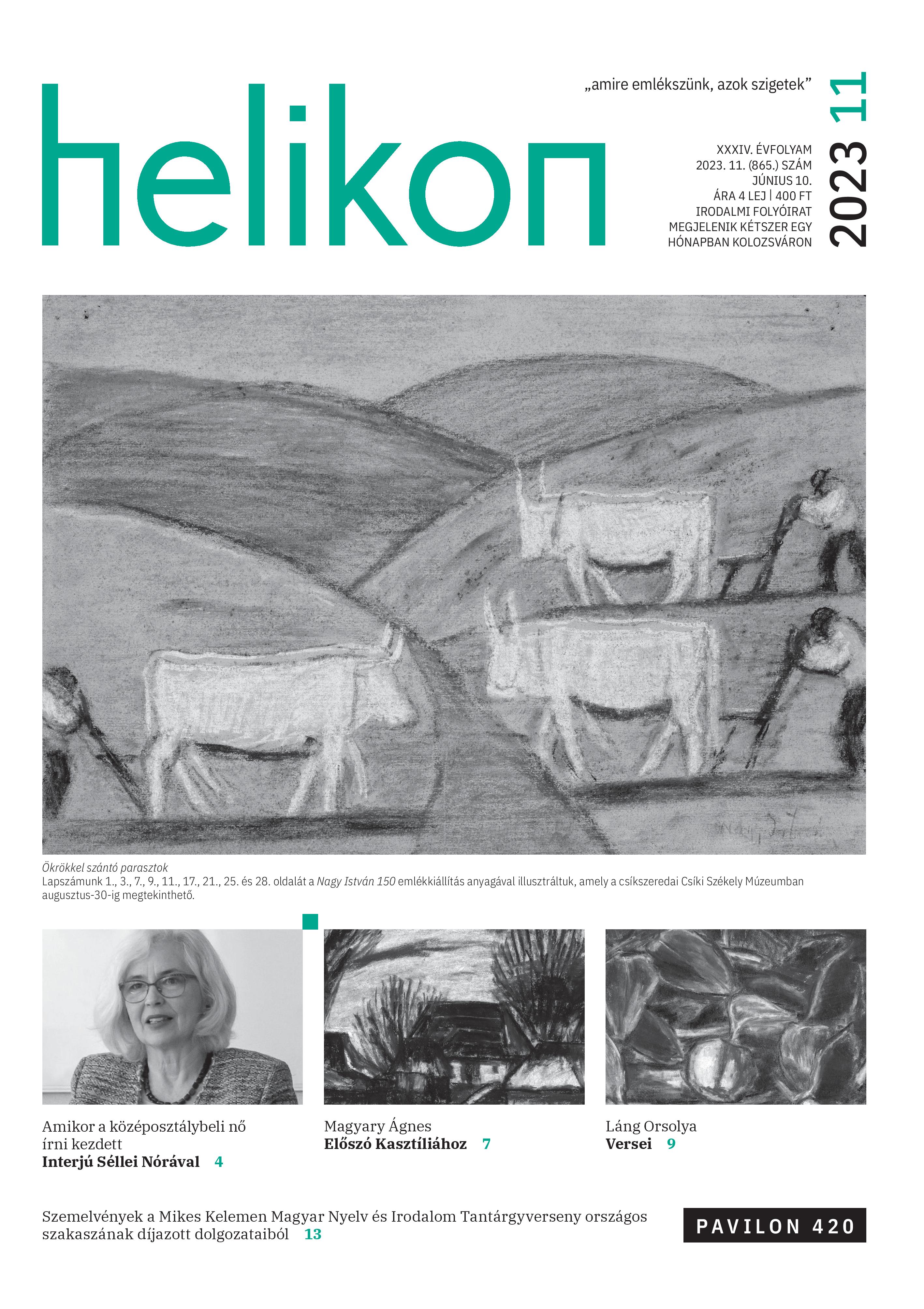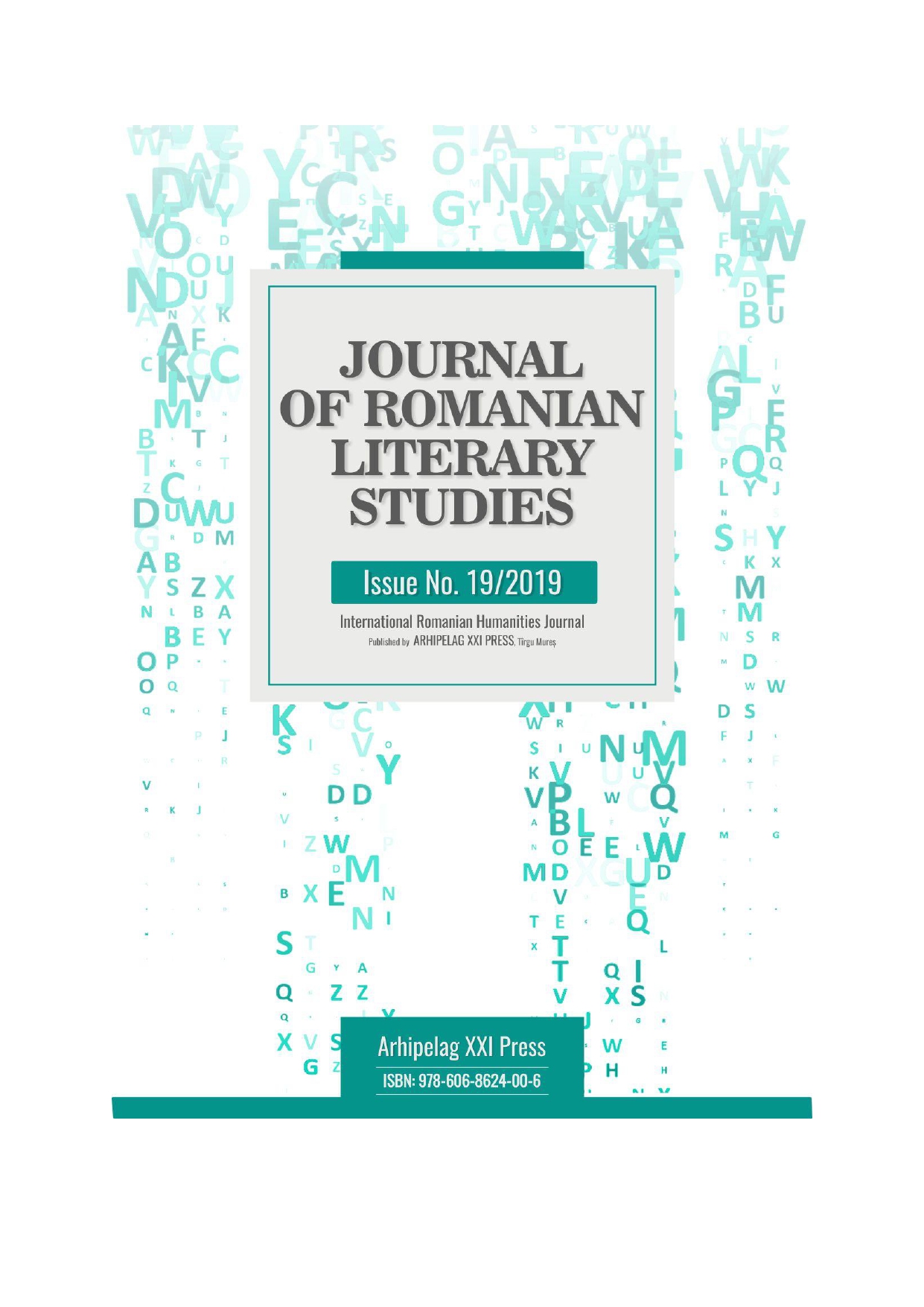
SELF-TRANSLATION OF THE BOOK THE END OF MY ADDICTION/ LE DERNIER VERRE BY OLIVIER AMEISEN
This research is based on the bestselling book about curing alcoholism by means of baclofen. This work aims to examine the practice of self-translation of the book The End of My Addiction/ Le dernier verre written by the famous cardiologist Olivier Ameisen. Numerous examples from the French and English versions will illustrate the lexical, stylistic, semantic and cultural particularities of self-translation in Olivier Ameisen’s work. The complex process of self-translation integrates one’s all dimensions: heart, body, soul, intellect, feelings and extrasensory perceptions.
More...
